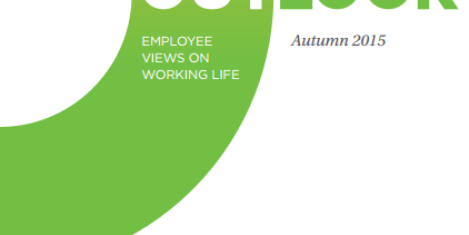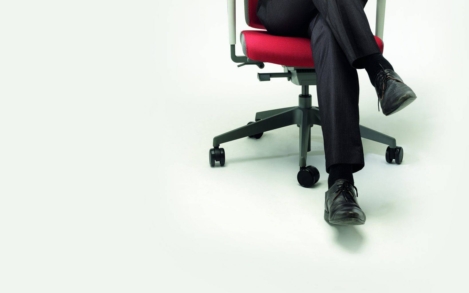November 1, 2015
UK productivity undermined by rule-heavy workplaces, claims report 0
 Employers can unleash the productivity of their workers by allowing them more scope to use their initiative, create more stimulating work and reduce the burden of unnecessary rules and procedures, according to a new report which considers productivity from the employees’ perspective. The latest Employee Outlook Survey from the Chartered Institute of Personnel and Development (CIPD), surveyed over 2,000 UK employees, asking what enabled them to be most productive. The most common responses were interesting work (40 percent), being able to use their own initiative (39 percent) and being given tasks which complement their skills (25 percent). On the other hand, the most common hurdles to employee productivity were unnecessary rules and procedures (28 percent), not having the resources available to do their jobs (28 percent) and office politics (24 percent).
Employers can unleash the productivity of their workers by allowing them more scope to use their initiative, create more stimulating work and reduce the burden of unnecessary rules and procedures, according to a new report which considers productivity from the employees’ perspective. The latest Employee Outlook Survey from the Chartered Institute of Personnel and Development (CIPD), surveyed over 2,000 UK employees, asking what enabled them to be most productive. The most common responses were interesting work (40 percent), being able to use their own initiative (39 percent) and being given tasks which complement their skills (25 percent). On the other hand, the most common hurdles to employee productivity were unnecessary rules and procedures (28 percent), not having the resources available to do their jobs (28 percent) and office politics (24 percent).







 In years gone by, a ‘one size fits all’ approach to office design might have been the norm, but as the decades have progressed, so too have the options available to businesses designing ‘homes from home’ for their office-based workforces. As new interpretations of the office environment proliferated, so the open plan model came to into being and eventually evolved into the default office design model. This initially brought greater variety than ever before but, ultimately, a one size fits all mentality in
In years gone by, a ‘one size fits all’ approach to office design might have been the norm, but as the decades have progressed, so too have the options available to businesses designing ‘homes from home’ for their office-based workforces. As new interpretations of the office environment proliferated, so the open plan model came to into being and eventually evolved into the default office design model. This initially brought greater variety than ever before but, ultimately, a one size fits all mentality in 























October 21, 2015
Far fewer working women than men receive an annual bonus 0
by Sara Bean • Comment, News, Workplace
Nearly three quarters of the UK’s working women don’t receive any form of annual bonus. Glassdoor’s latest UK Employment Confidence Survey found that only 29 percent of women at work receive a bonus, compared to 44 percent of men, which presumably is one reason why 44 percent of men remain positive about the outlook for their employer as opposed to just one in three women. The survey, which is carried out twice a year, also found that over the last six months, nearly half of all businesses in the UK that had made negative changes in the workplace (49 percent) had made employees redundant/and or communicated plans to implement further redundancies. The result is that nearly a third of employees (32 percent) are concerned that they will be made redundant over the next six months, up from 21 percent from the beginning of last year.
(more…)